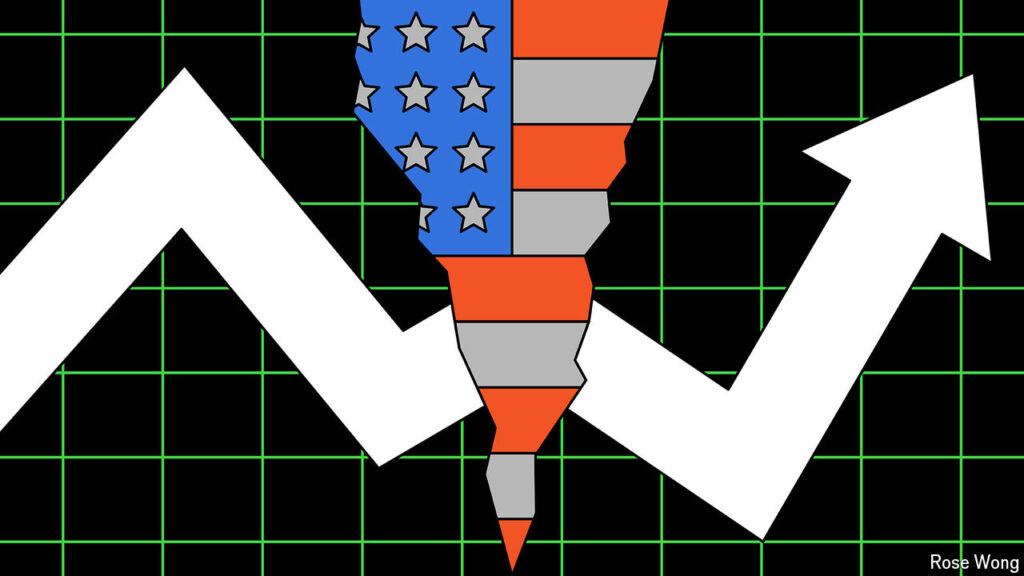Taking a stand on any issue can be a risky move, as it often comes with potential consequences. This could involve facing backlash from those who disagree with your stance, experiencing negative impacts on your reputation, or even risking your job or livelihood. In today’s society, where opinions are easily shared and scrutinized on social media, speaking out on controversial topics can be particularly daunting.
One recent example of this is the case of Colin Kaepernick, the former NFL quarterback who famously knelt during the national anthem as a protest against police brutality and racial injustice. Kaepernick’s actions sparked a nationwide debate, with some supporting his right to protest and others condemning him for disrespecting the flag and the military. As a result of his protest, Kaepernick faced backlash from fans, sponsors, and even NFL team owners, ultimately leading to him being effectively blacklisted from the league.
In addition to Kaepernick’s case, many individuals and organizations have faced similar consequences for taking a stand on various issues. For example, businesses that publicly support controversial political candidates or causes risk losing customers who disagree with their stance. Similarly, employees who speak out against workplace discrimination or harassment may face retaliation from their employers, even if they are legally protected from such repercussions.
When considering whether or not to take a stand on a particular issue, it is important to weigh the potential risks and benefits. While speaking out can be a powerful way to advocate for change and raise awareness, it is also important to consider the potential consequences and be prepared to face them. This may involve being willing to accept criticism, backlash, or even personal sacrifices in order to stand up for what you believe in.
In some cases, taking a stand on a particular issue may be worth the potential risks. For example, many civil rights activists throughout history have faced violence, harassment, and even death in their efforts to fight for equality and justice. While these individuals certainly faced severe consequences for their actions, their sacrifices ultimately helped to bring about significant social and political change.
However, not everyone has the privilege or ability to take such risks. For marginalized communities, speaking out on controversial issues can be particularly dangerous, as they may face disproportionately severe consequences for their actions. This is why it is important for those with privilege and power to use their platforms to advocate for those who may not have the same opportunities to speak out.
Ultimately, taking a stand on any issue is a personal decision that should be carefully considered. It is important to weigh the potential risks and benefits, and to be prepared to face the consequences of your actions. While standing up for what you believe in can be a powerful and meaningful act, it is also important to be aware of the potential costs involved. By carefully considering these factors, individuals and organizations can make informed decisions about when and how to take a stand on important issues.



